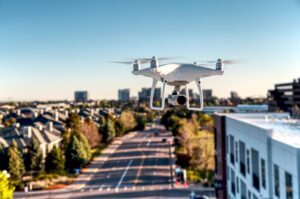Do you ever feel like your smartphone is spying on you? Well, you might not be too far off. With the rise of artificial intelligence and machine learning, companies are deploying advanced algorithms to track our every move and predict our behaviors. This might sound like something out of a sci-fi movie, but it’s happening right now, and it’s called predictive analytics.
Predictive analytics is the process of using data, statistical algorithms, and machine learning techniques to identify the likelihood of future outcomes based on historical data. In simpler terms, it’s using your past actions to predict what you might do next. This technology is being used by businesses to anticipate customer needs, optimize marketing strategies, and even detect fraud.
According to a report by Grand View Research, the global predictive analytics market is projected to reach $23.9 billion by 2025. With this kind of growth, it’s clear that predictive analytics is here to stay. But as companies collect more and more data on us, concerns about privacy and security are growing. It’s important for businesses to be transparent about how they’re using our data and to ensure that it’s being handled responsibly.
In the age of big data, predictive analytics is revolutionizing the way businesses operate. But as we tap into the power of algorithms to predict the future, we also need to consider the ethical implications and ensure that our privacy is being protected.



